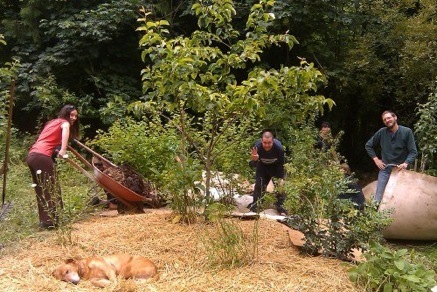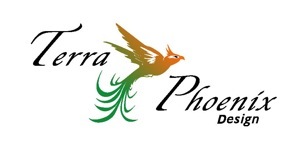








Home | About Us | Contact Us | Store

2008, Living Mandala
creative services by: 360 Degrees
Reduce Your Ecological Footprint.
Learn Permaculture, Food Production
& Energy Efficiency for Your
Home & Community
In Association With
Herb’n Wisdom
Wild Thyme Farm
Divine Earth Gardening Project
Terra Phoenix Design
Instructors
Marisha Auerbach
Dave Boehnlein
Kelda Miller
Michael “Skeeter” Pilarski
Jenny Pell
Rick Valley
Leonard Barrett
Mark Lakeman
John Henrikson
Kirk Hanson
And More...
Course Description
Globally, we are experiencing unpredictable changes in climate, economy, and resources. Through intentional design, we can anticipate what adaptive skills will be necessary for a joyful and abundant future. In this permaculture design course, students will be immersed in strategies to build community resilience and respond to uncertainties of the future. Our stellar teaching team will offer a 144-hour permaculture curriculum with a focus on hands-on skill-building in food production, plant propagation, and energy systems. The Wild Thyme Farm, a premier permaculture demonstration site, offers an immersion in examples of beautiful and productive polyculture gardens, a 100 acre FSC certified forest, and strategies for rural revitalization. Through presentations, slides, games, lectures, field trips, and hands-on opportunities, this permaculture course will offer diverse learning styles to emphasize ways that students can design their lives and engage their communities in strategies for a sustainable future.
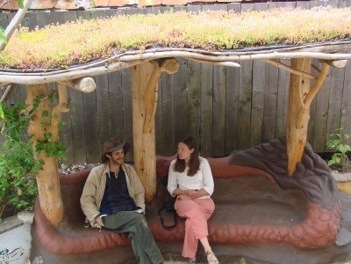
Course Topics Include:
Permaculture Philosophy
Permaculture Ethics
Permaculture Principles
Concepts \ Themes in Design
Permaculture methodology
Pattern Understanding
Reading the Landscape
Climatic Factors
Large Property Design
Edible Landscaping
Biomimicry
Trees and their Energy Transactions, Tree Crops
Organic Gardening
Water, Water Harvesting
Soils
Composting
Organic Agriculture
Earthworking and Earth Resources
Natural Building
Livestock Raising
Urban Permaculture
Appropriate Technology
Intentional Communities
Observation Skills
Site Analysis & Design
Sustainable Forestry & Agroforestry
Ethnobotany/ethnoecology
Plant Propagation
The Humid Tropics, Drylands and Humid
Cool to Cold Climates
Ecosystem Restoration
Native Plant Restoration
Mycology
Erosion Control
Energy Conservation
Windbreaks, Hedgerows
Medicinal Herbs
Wildcrafting
Seed Collecting & Distribution
Aquaculture/ponds
Integrated Pest Management
Permaculture Networks
Bioregionalism
Local Economics
Ecological Design
Ecovillages
And more..
What is Permaculture?
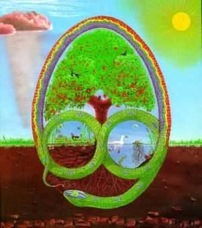
Certification Applicability
Participants who successfully complete the course will receive a Permaculture Design Certificate. Design Certification has been valued for course credit at many colleges and universities.
Contact
For questions and more information regarding the course
email: queenbee@herbnwisdom.com
phone: (360)273-7117
To register for the course click here.
Tuition & Registration
Course tuition is $1950 including lodging accommodations and prepared organic meals.
Early Bird registration: $1800 by January 15, 2011
What is a Permaculture Design Course?
A Permaculture Design Course explores sustainable human habitation. We begin with the ethics and principles of permaculture which support a philosophical reverence for life and provide a framework for making healthy choices. You will learn a design system that is based on the natural world and can be applied in many ways to your life. You can expect complete immersion into creating innovative and healthy plant and social communities for urban and rural areas. The instructors are skilled growers and activists familiar with social justice and thousands of plant species. The course will impart permaculture principles and methodologies which can be applied anywhere in the world.
The objective of a Permaculture Design Course is to provide a comprehensive overview of sustainable futures, based on permaculture philosophy, techniques, and strategies that one could incorporate into their everyday life, or enhance their career. These courses provide diverse hands-on experience. The intention is to facilitate a systems approach to thinking about different issues, encouraging care for the earth and its inhabitants as a diverse community. A Permaculture Design Course includes readings and visits to network with others using permaculture principles in their lives and careers.
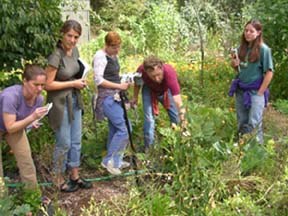
Site Details - Wild Thyme Farm
Wild Thyme Farm is a private eco-retreat near Olympia Washington wit 150 acres of forests, pastures, gardens, orchards and streams, showcasing an evolving model of wild forest management, permaculture, agroforestry, diversity. Wild Thyme Farm has 15 buildings including the main house, several guest cottages, three barns, meeting rooms, sauna, large greenhouse, organic flower, herb and vegetable gardens and several orchards. Wild Thyme Farm represents an evolving model of permaculture, visionary forestry and biological diversity. It is known as an educational center for permaculture and sustainable agroforestry and participates in a US Government program for innovative wetland habitat restoration.
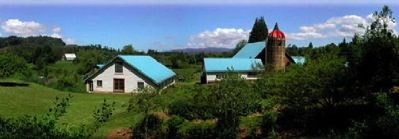
Things to Enjoy at Wild Thyme Farm
The Wild Thyme Farm has been implementing stunning examples of permaculture in the landscape since 1990. Throughout the course, you will be able to observe mature food forests, as some of our fruit trees are from the original homesteaders. Our design is focused on both useful plants for humans as well as enhancing habitat. View wild ducks and birds visiting the ponds and fields, deer roaming the forests. Hear evening crickets, frogs, and coyotes softly howling at night. Enjoy miles of beautiful nature trails in the property's private 100 acre northwest rainforest. Hike wide walking trails and roads from the farm meadows winding up hillsides, over canyon streams, through rich and diverse fir and cedar groves to the tranquil and sunny high pasture with a view of Mt. Rainier.
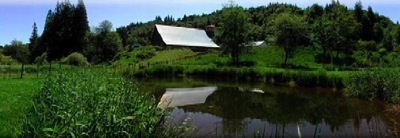
Cancellation Policy
Full refunds minus the $250 non-refundable deposit will be given up to 2 weeks prior to the start of class only. Refund requests made less than 2 weeks prior to class will only be honored, less the $250 non-refundable deposit, if the space is able to be filled by another paying student. There are absolutely no refunds once the course has begun. If we experience low registration by February 11, this course will be canceled and all funds will be returned to the payer.
Payments for the remainder of the tuition are due on the day the course begins. Payment must be paid in full to receive certification at completion of the course.


Instructors & Facilitators
Marisha Auerbach
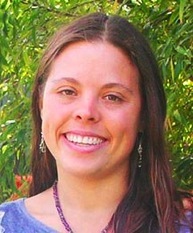
Lead Instructor
Dave Boehnlein
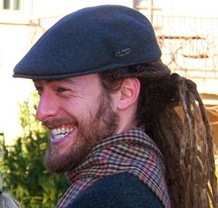
Lead Instructor
Kelda Miller
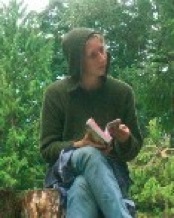
Lead Instructor
Leonard Barrett
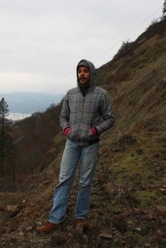
Guest Instructor
Mark Lakeman
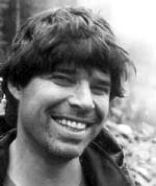
Mark is also the designer of numerous beloved architecture & planning projects in Portland, including The ReBuilding Center of Our United Villages as well as many innovative village-based communities.
Guest Instructor
Jenny Pell
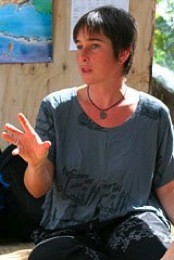
Guest Instructor
Michael “Skeeter” Pilarski
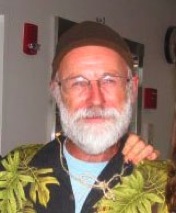
Guest Instructor
Rick Valley
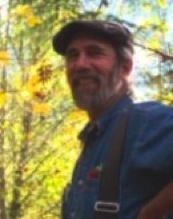
Guest Instructor
Affiliate Organizations & Sponsors
Become a sponsor of this course!
For details email: affiliates@livingmandala.com
Permaculture Design Course
at Wild Thyme Farm
February 27 - March 20, 2011
Wild Thyme Farm, Oakville, WA



